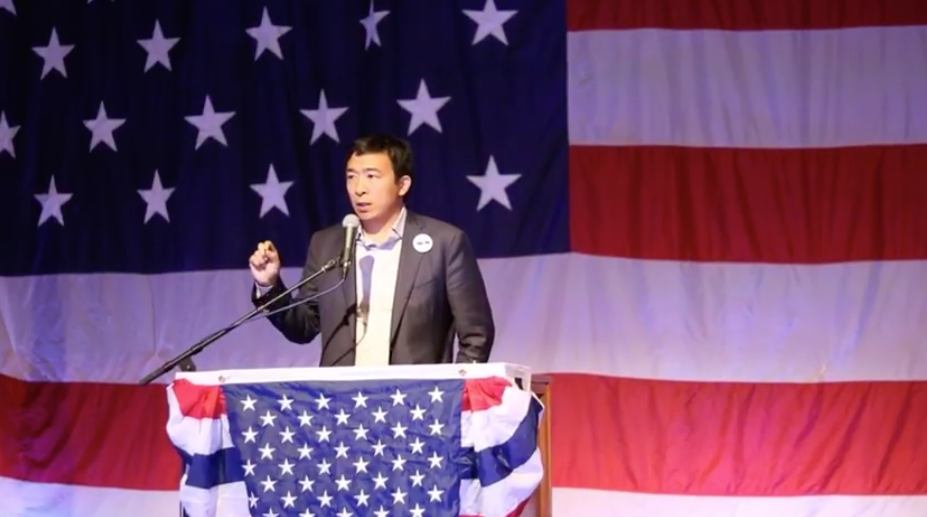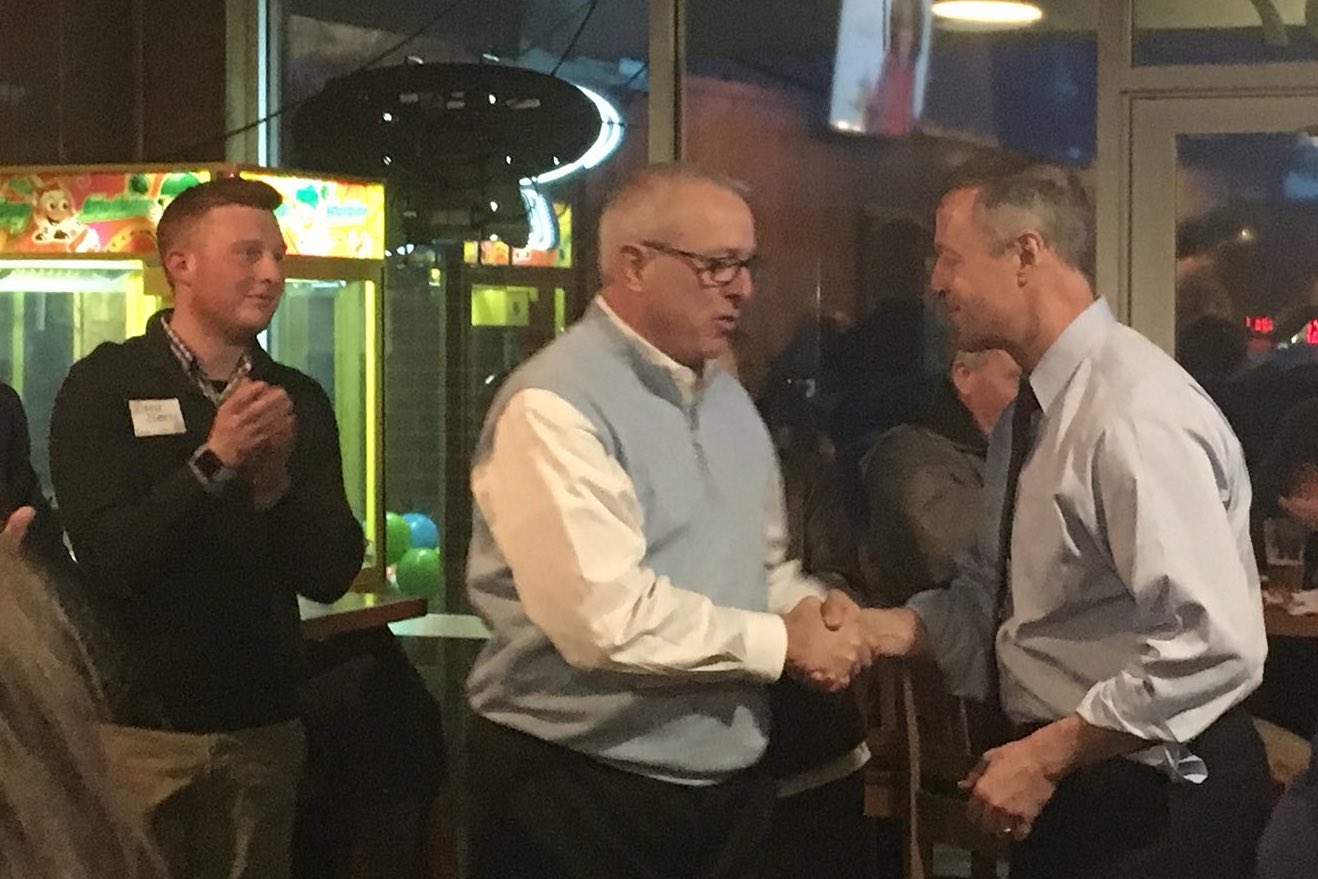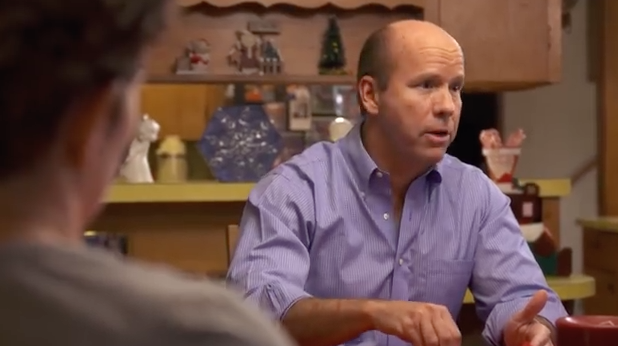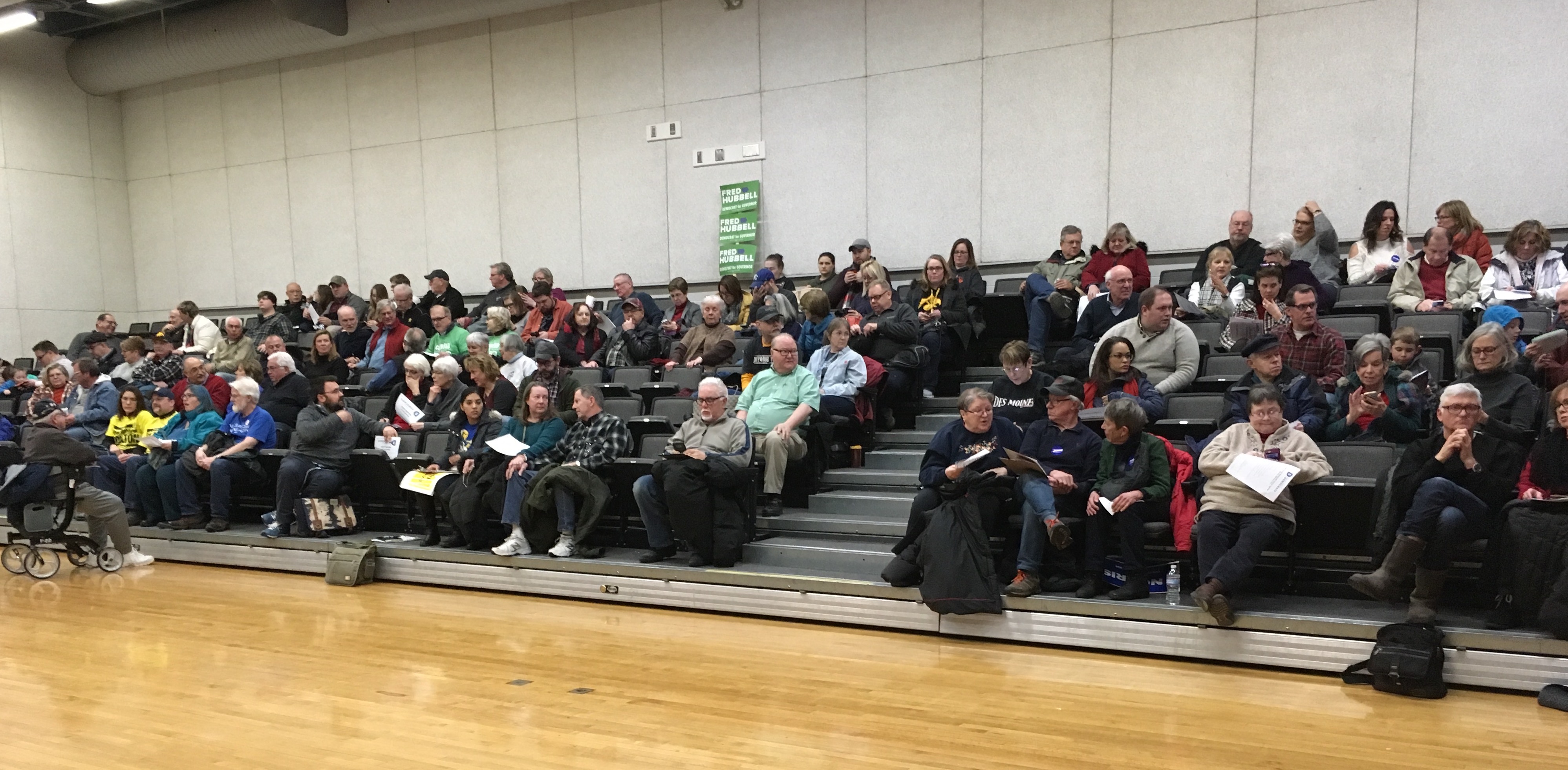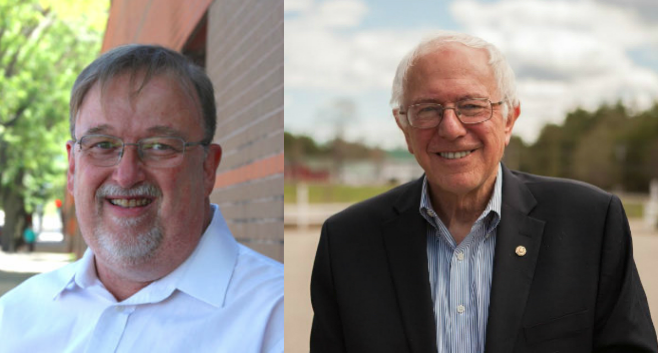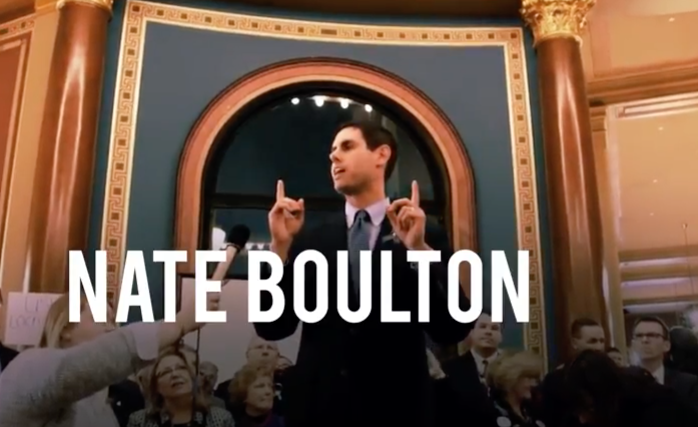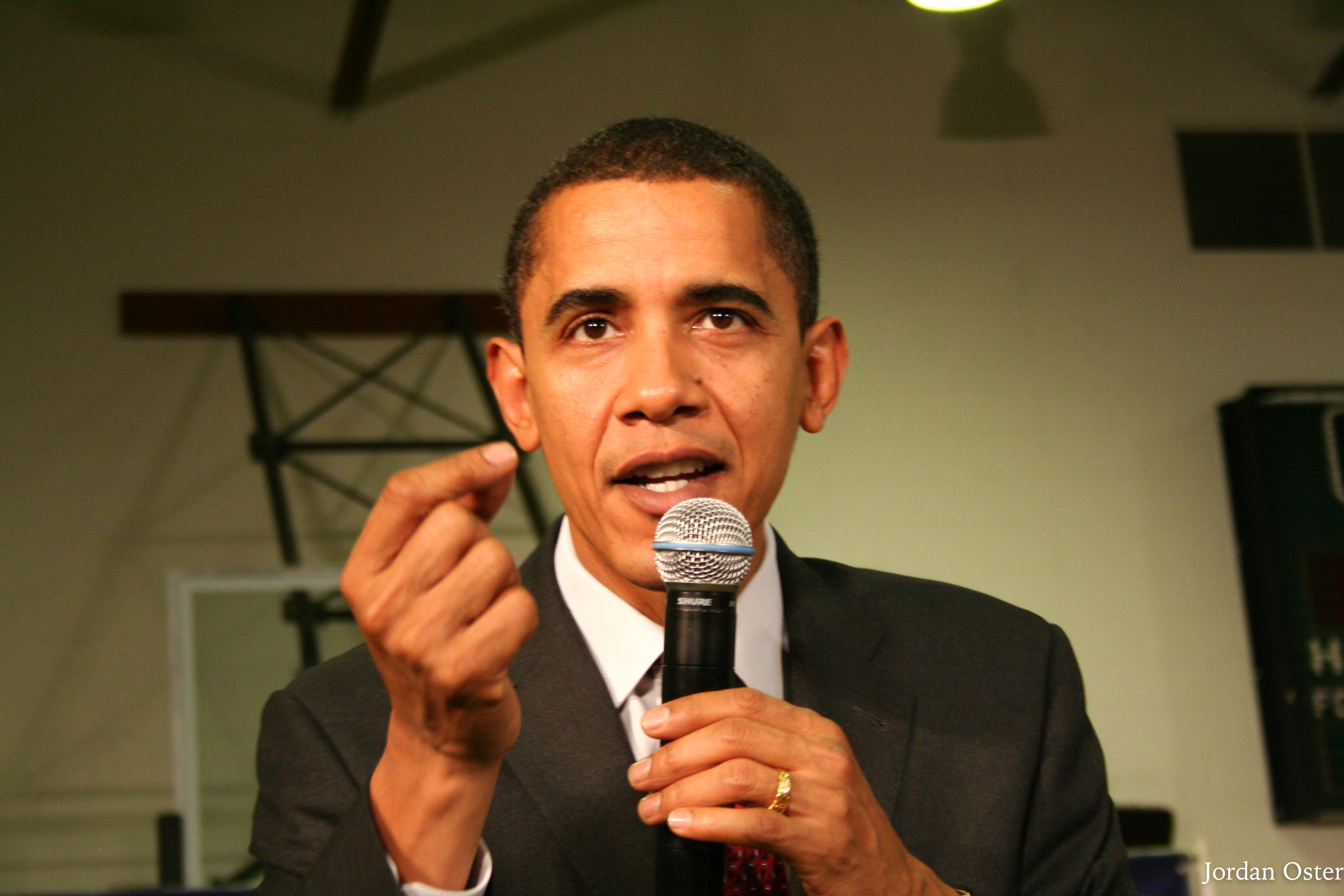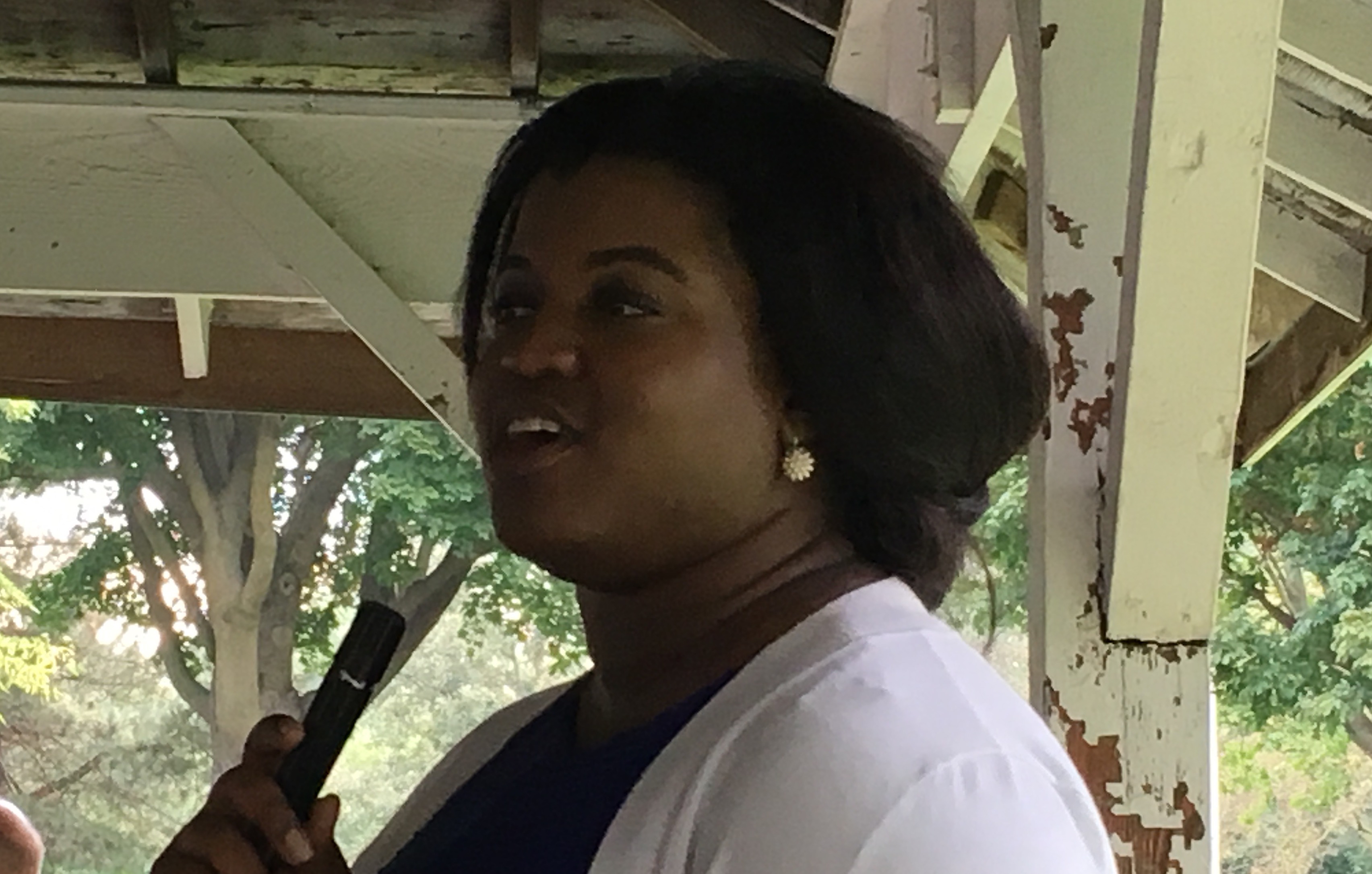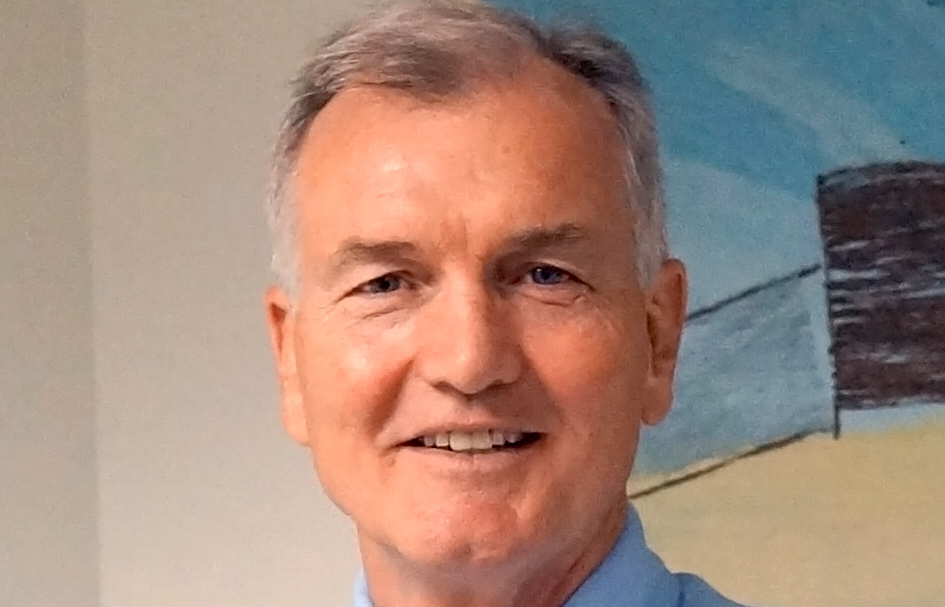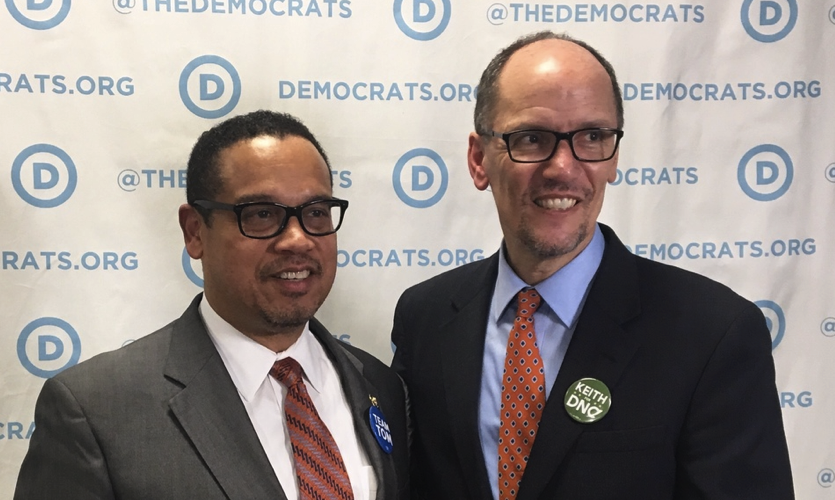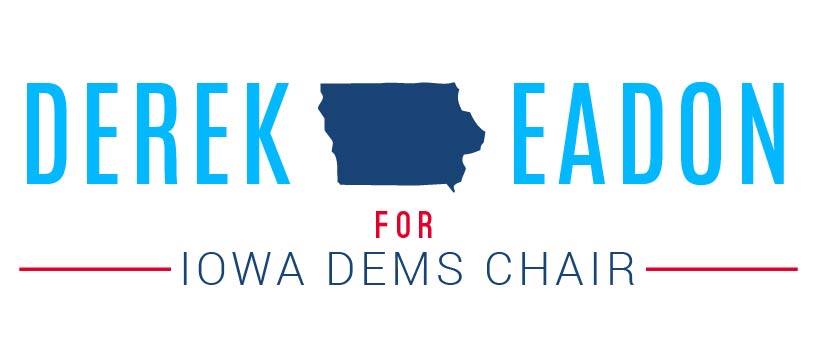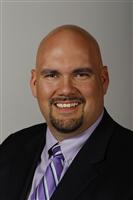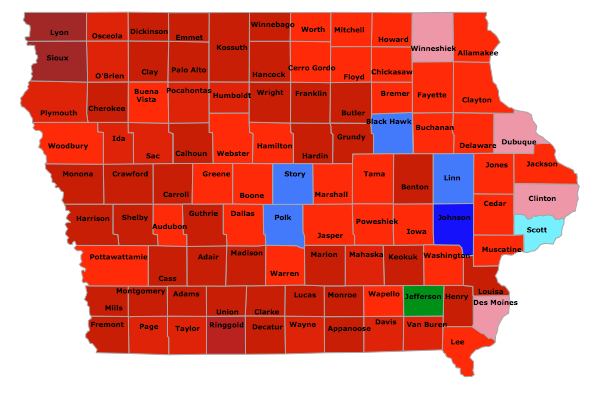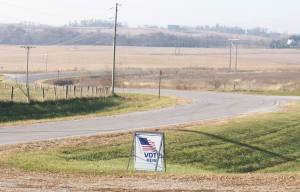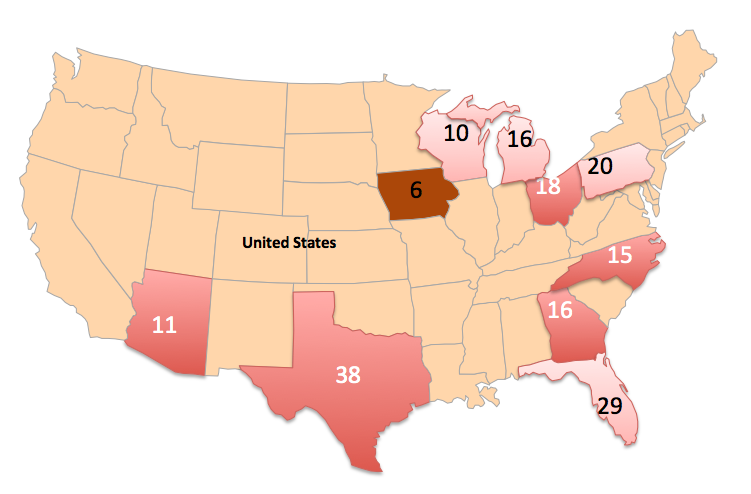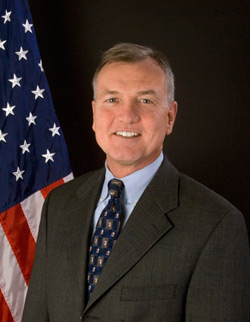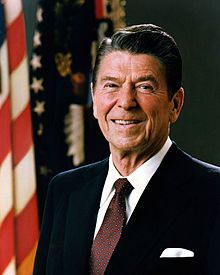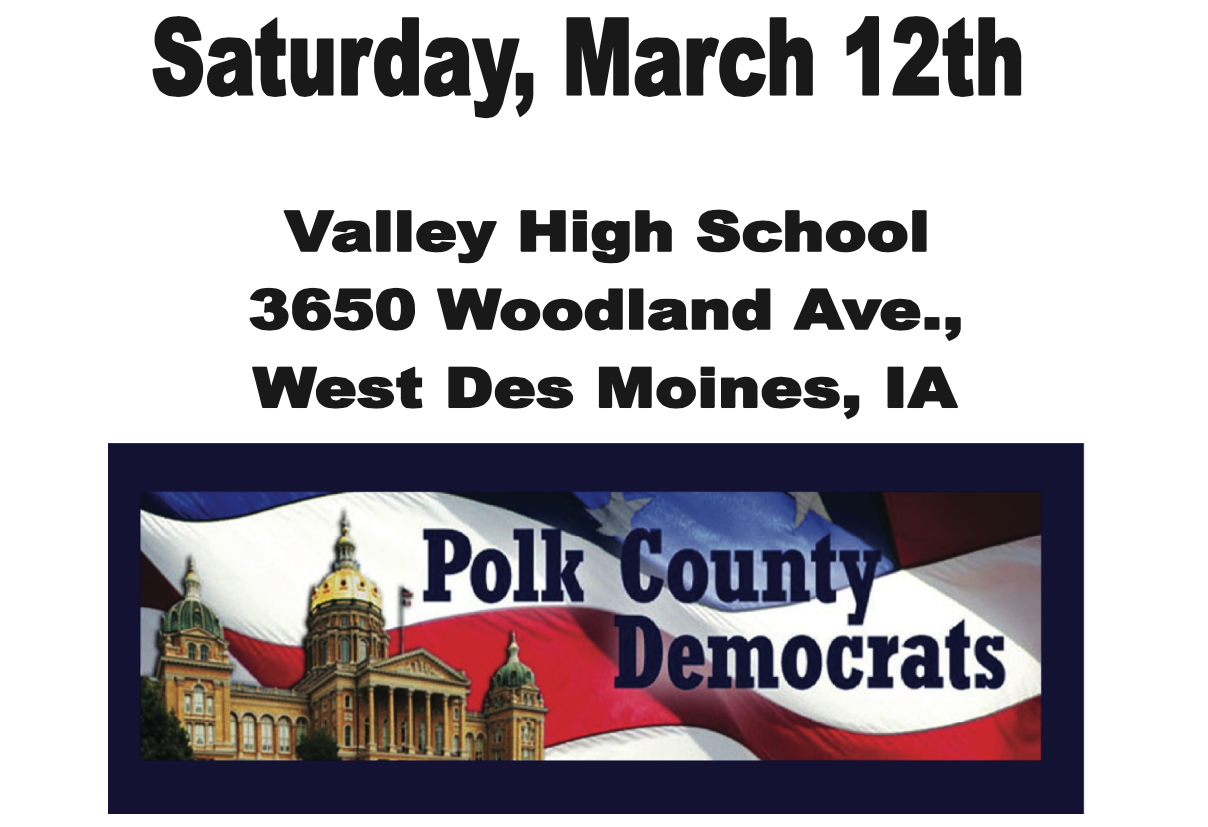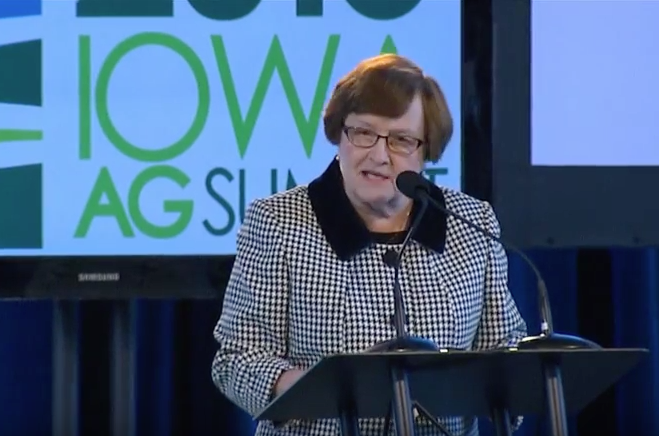The most important business at yesterday’s Iowa Democratic and Republican county conventions was electing delegates to each party’s district conventions in April and state convention in June. Iowa Democratic rules do not bind county convention delegates to the candidates they supported at their precinct caucuses, and not all delegates chosen at precinct caucuses show up for the county conventions. Those factors helped Barack Obama make big gains in March 2008, from a lead of “16 state delegates to Clinton’s 15 on caucus night […] to a 25-14 lead after the county conventions.” John Deeth explained the 2008 county convention happenings at the time and on Friday provided a detailed look at what goes on behind the scenes to organize these events.
Yesterday’s conventions didn’t change Clinton’s expected lead over Bernie Sanders in state delegates. After the Iowa caucuses, the Iowa Democratic Party calculated Clinton had 700.47 state delegate equivalents, Sanders had 696.92 state delegate equivalents, and Martin O’Malley 7.63. The Iowa Democratic Party reported last night that the 99 county conventions elected 704 state delegates for Clinton, 700 for Sanders, one for O’Malley, and one uncommitted. Scroll to the end of this post to see the numbers for each candidate from all 99 counties. The projected national delegate count from Iowa remains 23 for Clinton and 21 for Sanders.
While most counties saw little change after yesterday’s conventions, the balance of power did shift slightly in some counties. For example, Johnson County elected 54 delegates for Sanders yesterday and 38 for Clinton. Those numbers represented a net gain of one delegate for Clinton compared to what was expected following the precinct caucuses.
Sanders improved his standing most in Polk County. He won only about 46 percent of the county delegates here on February 1 to 53 percent for Clinton. But at the end of a very long day in West Des Moines, the Polk County convention elected 115 delegates for Clinton and 113 for Sanders, a net gain of about six state delegates for Sanders.
That could have been big news, except for one problem. Hours before Polk County delegates ratified their slates, social media exploded as thousands of people, eventually including Sanders himself through his campaign Twitter account, alleged that Clinton allies had tried to “steal” the convention.
I wasn’t at Valley High School, but I followed postings yesterday by dozens of delegates for each candidate. Since the convention, I have spoken to or received direct messages from multiple delegates on both sides, including leaders of the Clinton and Sanders groups and members of the Polk County Credentials Committee. My best effort to piece together what happened is after the jump.
Short version: evidence points not to “stealing,” but to mismanagement by convention leaders, especially Rules Committee Chair Jeff Goetz. Unusual procedures implemented without transparency fueled suspicions among people who may have gone into the convention expecting dirty tricks from party establishment types supporting Clinton.
Continue Reading...

